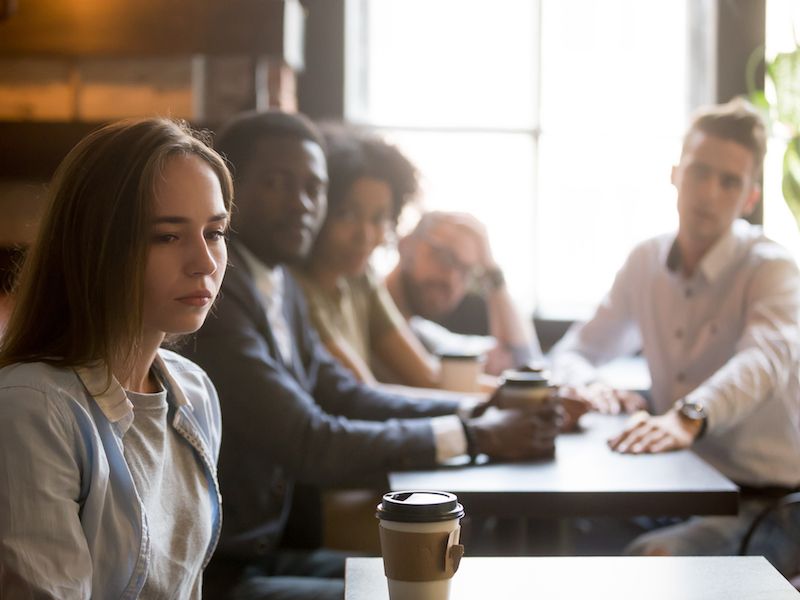
Hearing loss isn’t just a problem for the elderly, in spite of the prevalent belief. While age is a reliable predictor of hearing loss, as a whole hearing loss has been rising. Hearing loss remains at around 14-16% among adults 20 to 69 years old. Globally, more than 1 billion people between the ages of 12-35 are at risk of developing hearing loss, according to the united nations and The World Health Organization. The CDC says nearly 15% of children between 6 and 19 currently have loss of hearing and more recent research indicates that that number is closer to 17%. Only a decade ago hearing loss in teenagers was 30% lower according to another study. Even worse, a study conducted by Johns Hopkins projects these trends out into the future and forecasts that by 2060 around 73 million people above the age of 65 will have loss of hearing. Over current numbers, that’s a staggering number.
We Are Developing Hearing Loss at a Younger Age, Why?
In the past, unless you spent your days in a loud and noisy environment, damage to your hearing would develop rather slowly, so we consider it as an inevitable outcome of getting older. That’s why you aren’t surprised when your grandmother wears a hearing aid. But changes in our way of life are impacting our hearing younger and younger.
Technology, and smartphones, in particular, can have a significant impact on our hearing. We are doing what we love to do: chatting with friends, listening to music, watching movies and using earbuds or headphones for all of it. Most people have no clue what is a damaging sound level or how long it takes to do damage and that’s an issue. Sometimes we even use earbuds to drown out loud noises, meaning we’re voluntarily exposing our ears to harmful levels of sound instead of safeguarding them.
There’s an entire generation of young people around the world who are gradually damaging their ability to hear. In terms of loss of productivity, that’s a huge concern and one that will cost billions of dollars in treatment.
Do we Really Understand Hearing Loss?
Avoiding extremely loud sounds is something that even young kids are usually wise enough to do. But the nature of hearing damage isn’t popularly grasped. Most people won’t recognize that medium intensity noises can also damage your hearing if the exposure is long enough.
Of course, the majority of people around the world, especially young people, aren’t really concerned about the dangers of hearing loss because they associate it with aging.
However, the WHO says permanent ear damage could be happening to those in this 12-35 age group.
Suggested Solutions
Because so many people use smart devices regularly, it’s an especially widespread problem. That’s the reason why providing additional information to mobile device users has been a suggested solution by some hearing specialists:
- Warnings about high volume.
- It’s how long a sound lasts, not just how loud it is (warnings when you listen at a specified decibel level for too long).
- Built-in parental controls which let parents more closely supervise volume and adjust for hearing health.
And that’s just the start. Paying more attention to the health of our ears, many technological possibilities exist.
Reduce The Volume
The most significant way to mitigate injury to your ears is to reduce the volume at which you listen to your mobile device. That’s true whether you’re 15, 35, or 70.
And there is no disputing the fact that smartphones are not going away. Everyone uses them all the time, not just kids. So we’ve got to deal with the fact that loss of hearing is no longer associated with aging, it’s associated with technology.
That means we’re going to need to change the way we talk about, prevent, and deal with hearing loss.
You should also try downloading an app that measures decibel levels in your environment. 2 steps to protect your hearing. Making certain not to try to drown out loud noises with even louder noises and of course wearing ear protection. For example, if you drive with your windows down, don’t turn up the music to hear it better, the noise from the wind and traffic may already be at damaging levels. As always, if you have questions about your hearing, come talk to us.
